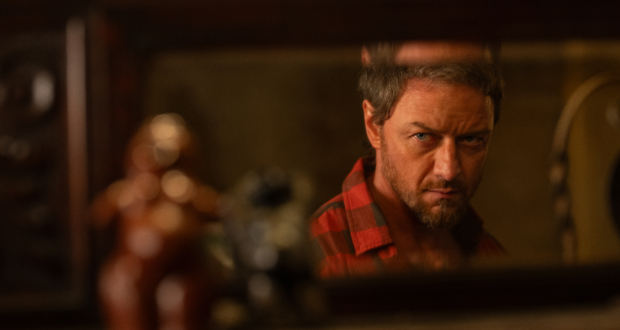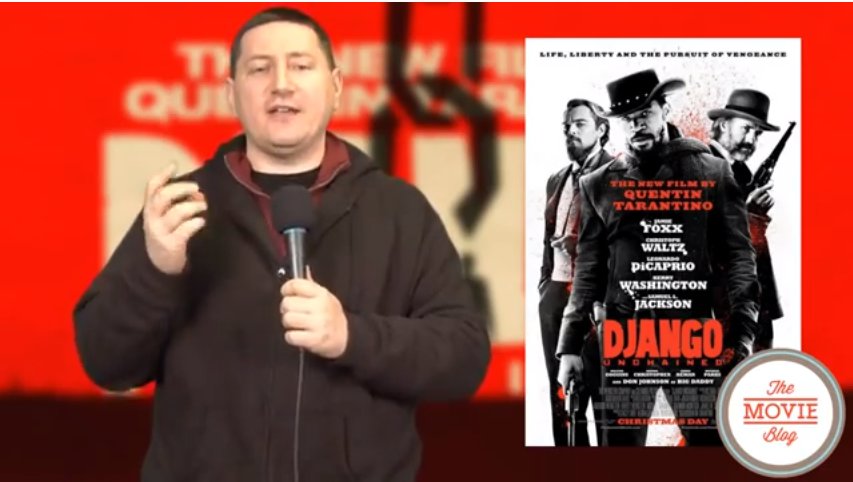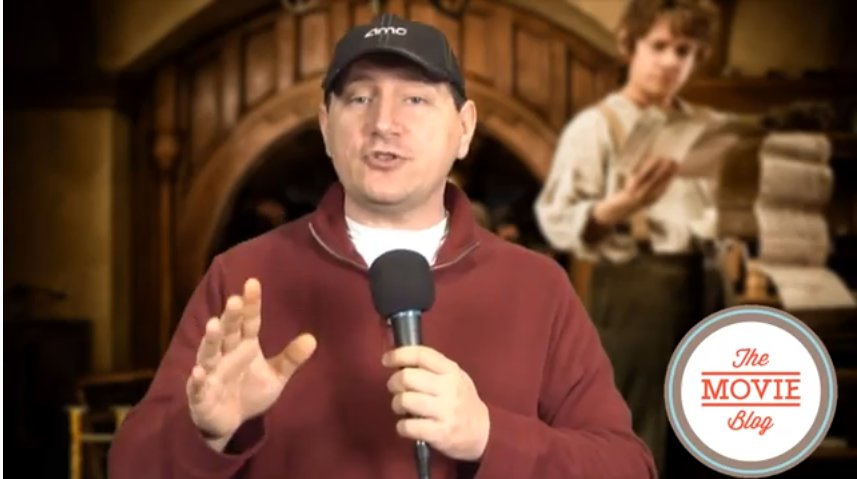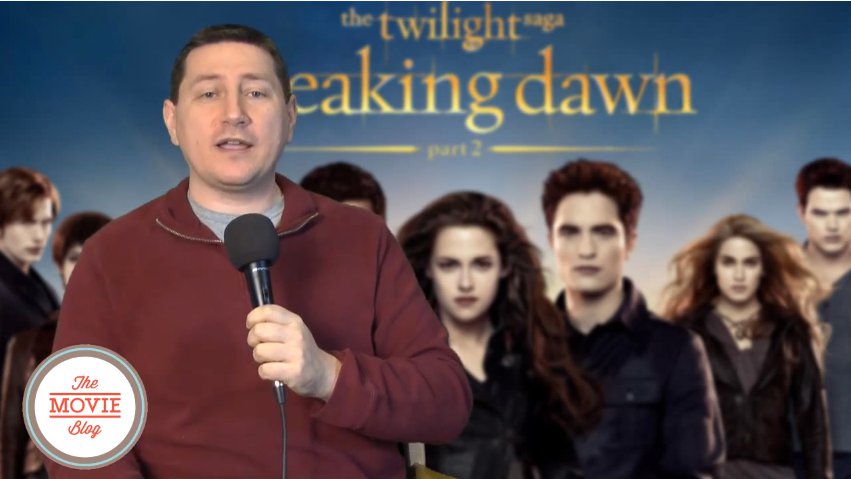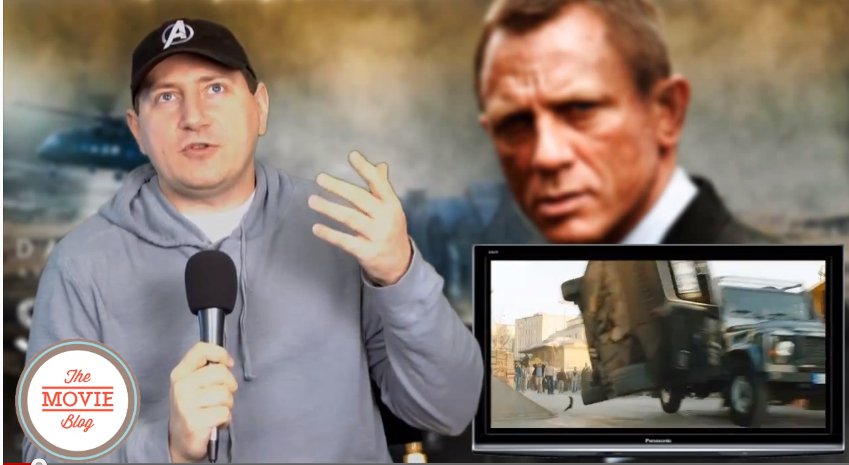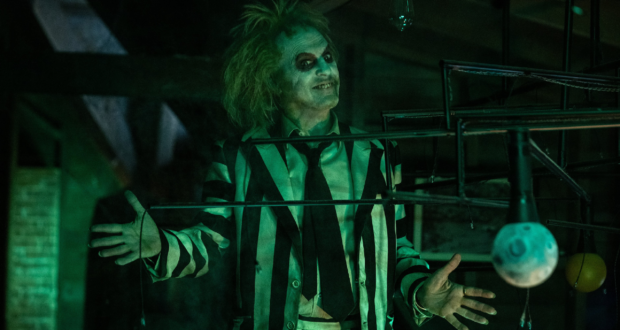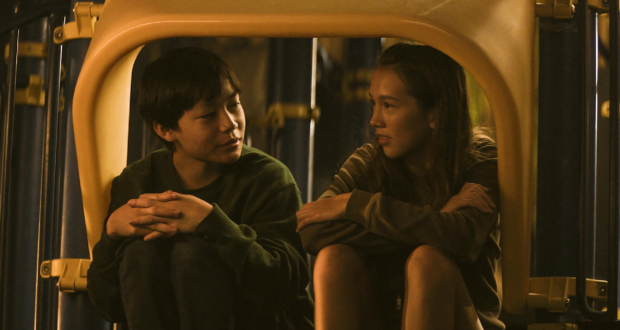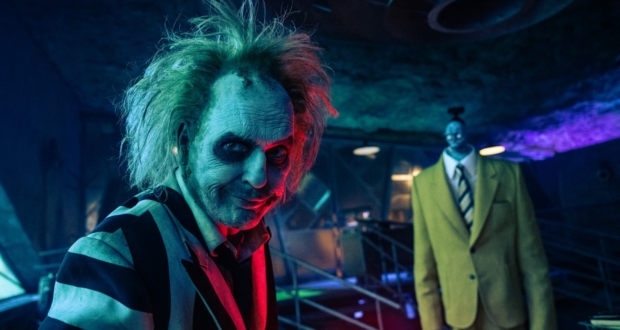 When I really got into reading blogs I had a hunger for news from Iraq, and I joined sites aplenty from Soldiers and other Western personnel to Iraqi citizens themselves, it seemed that everyone had an angle, their own agenda and frame of reference for what they saw and what happened to them. Everything seemed in some way to be partial truth, and some more partial than others. What I found the most distressing though was how all these stories were so different from the news that we were being told, the daily news we were being fed was often a world apart from what you could read from real people.
When I really got into reading blogs I had a hunger for news from Iraq, and I joined sites aplenty from Soldiers and other Western personnel to Iraqi citizens themselves, it seemed that everyone had an angle, their own agenda and frame of reference for what they saw and what happened to them. Everything seemed in some way to be partial truth, and some more partial than others. What I found the most distressing though was how all these stories were so different from the news that we were being told, the daily news we were being fed was often a world apart from what you could read from real people.
It’s that feeling that has driven me to find out more about events that I’m fed by the news agencies of my country. Doesn’t that sound like a comment you’d only associate with something like Aljazeera? Events such as Rwanada and 9/11. I’m not by any means some person on the fringes of society, just by reading this site and my own you’ll see I’m a normal, everday guy. Someone who just wants to know the real story, and the full story.
That’s why I came to the screening of Voices of Iraq, and quite frankly I was stunned.
The producers, who distributed more than 150 digital video cameras across the country, condensed more than 400 hours of footage into an unprecedented, and startling, look at life in a war zone. It’s a new genre of filmmaking.
The first thing to realise about this documentary is that it is filmed by Iraqi people, it’s Iraqi’s behind the camera that were most likely in front of the camera a few scenes before. It’s this that strikes you afterwards as the most powerful point, there is no other influence to make these Iraqi’s say anything other than the knowledge of the documentary or the physical camera itself. Otherwise, it’s their words, and having seen the short movie before hand, Where is Iraq just prior, you realise that neither a video camera or the idea of a documentary will stop them from being heard. Interestingly enough it’s in that short where you see one ex-Saddam guard ask what country the film maker is from, when he replies Iraq he opens up and says all.
So with this in mind it’s amazing to see and hear what actual Iraqi people are saying. There’s much controversy from this movie with people shouting about it’s one sided portrayal, yet what is less biased than hearing what the actual people in the actual country we have troops in are saying? Listening to our troops who fight there? Listening to our Generals? Listening to our Politicians sitting in their expense paid houses back home? Listening to our biased news? Listening to lone Internet voices screaming in monotone, badly pronounced and misspelled writing that this is wrong?
This is the closest thing we have to the truth, and the story is extremely interesting and not one that should be dismissed on anyone’s word. This is a movie that tells us what Iraqi people are thinking. That’s it. Sure, I share a huge concern about the three hundred and ninety-eight hours that have been cut from this movie, what did they say? Anything, a different message? Perhaps, but the point is, right now this is the closest many of us are going to get to the truth without visiting Iraq and being with the people. So, the movie.
It’s an incredibly insightful and hard hitting movie. Forgetting the arguement of the whether there has been political editing, the actual editing is very good. It pulls the stories into areas of Iraq to show the travel of the cameras, it mixes scenes of utter sadness and dispicable torture – little is actually shown but enough to know what happens is – with moments of complete happiness and childrens joy.
Each of the key sections of the film are either defined by a move to a new location and\or a date in time to recognise an event. Usually accompanying the date is a Western newspaper headline from a prominent paper of that time, a headline which heavily contradicts the story you see before the camera. It was stunning to see a headline like “Iraqi citizens scared of local militia, streets deserted” while watching shots of extremely busy market places and the hustle and bustle of normal life. Seeing children playing and joking with the camera when an explosion happens somewhere in the not too far distance, and the kids keep playing, calming each other and telling them to carry on.
What comes across most is human side of the stories, and the connection you can feel with some of these characters. Two scenes stood out in this way for me, one was seeing all the students talk of and celebrate their graduation, with the other being the women who were talking about receiving their free passports. “Now we are free to travel for the first time” and one woman leaps up, her hands waving in the air, a huge smile as she runs across the room to grab the passports and show them to the camera, she’s so genuinely excited and happy, and you suddenly see something extraordinary. These are people like you. Before you would see them as another religion, dressing differently, extreme emotions, different customs and ways, but here you see things that you do, that you feel, and the empathy and understanding in that moment just pours in and you realise, these are people like you.
Then you’ll see tough moments. The mother asking, confused, about why her son had to die. Of the female Doctor who talks of treating Uday (Saddam’s son) after a failed assasination attempt seconds after hearing from the man who fired the weapon into his car. Listening to her talk of treating people whose tongues were cut out for speaking against the regime. Hearing of how Uday would visit the market each Saturday and choose a girl to rape. These stories hit you hard and emotionally, helped along by the continuing realisation of the connection with these people.
The hardest moments are some of the footage made by insurgents calling for help and praising leaders from other nations for their support to the Jihad so far, or the videos depicting the torture that was handed out by the Hussein’s both personally and by their regime. A few scenes graphic but all disturbing.
Former torture victims of the prison that is now famous, Abu Ghraid, speak of the torture they received under Saddam’s regime. One jokes that any Iraqi would be happy to undergo the torture of being stripped and having their penis played with by a female soldier, it was much more attractive than what they received. Crammed in tens together in a cell now used for four or so, one of the victims met the man who designed the prison. He asks him why he didn’t make the cells bigger, if he knew he was going to be imprisoned here then he would have. Comedy in the bleakest of moments.
The hardest part, and the least reported, is the devastation caused by the chemical attacks on the Kurds. We see photos taken of the first bombs being dropped, and of the people lying in the streets. To see this is to understand why something had to be done. Hearing the viewpoints of the Kurds who have been living under the no fly zone for so long and seeing their way of life is an extremely interesting contrast to some of the others in central Iraq.
One of the most amusing moments for me was seeing the heavy metal band practicing away, all the time taking in Americanised English. For a moment I thought we had stumbled on some bizarre tour date for a real American band, however the real truth is more amazing, and funnier. Life goes on, and again these kind of light moments seeing the actual lives of Iraqi people help to make the connection to ourselves much stonger. We aren’t that different.
Two of the biggest revelations for me were the clear message of how much the Iraqi people want democracy, who’s to blame for the attacks against their country and why. This is a strong and loud message that comes out of several different Iraqi’s from different areas. It’s something that I’ve never really thought about, and yet is a very possible situation.
The realisation that the Iraqi people are like us is one thing, but something else comes across, their intelligence and desire to better themselves is immense. It’s something that is so clearly lacking in many areas in the Western Countries and yet is shown throughout many of the children and adults in the documentary. Engineers, Scientists, Degrees, the desires of the children are what end the movie and started me thinking.
It is an amazingly powerful film, and something I think everyone should watch. This is a message from the Iraqi people themselves. There’s no denying an amazing amount of footage is not shown, but there’s nothing I’ve heard or seen to tell me that the cut footage contradicts the messages shown in this film. I urge you to see this movie.
IMDB UK movie details
My voting history on UK IMDB



